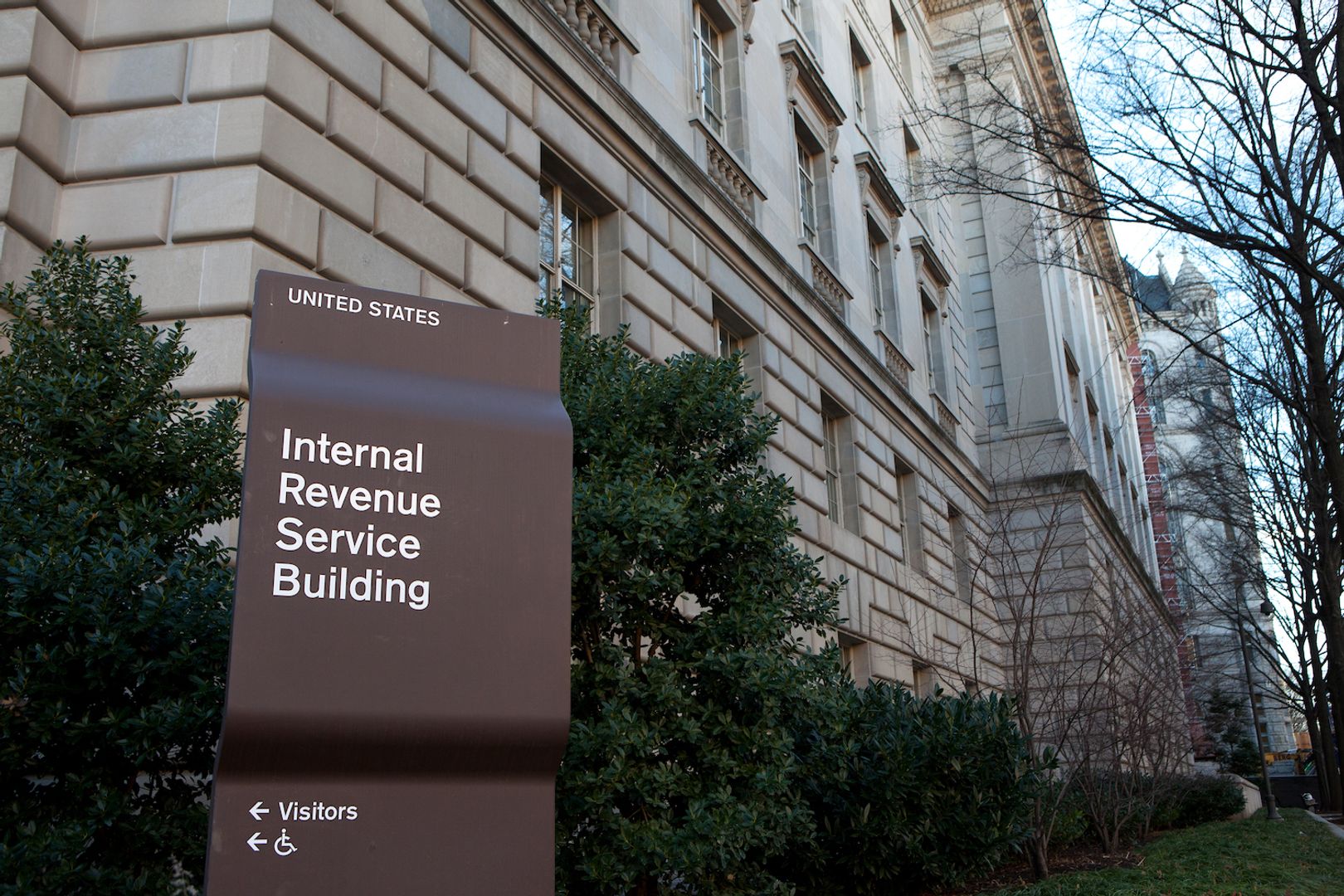The Looming Crypto Tax Bomb: How Governments Are Coming for Your Digital Gains

Regulators worldwide are sharpening their knives—your decentralized fortune just became their next revenue target.
Tax Tsunami on the Horizon
From unrealized capital gains to DeFi staking rewards, treasury departments now treat blockchain like an ATM. The IRS already claws back 30% from validators—Australia just slapped NFTs with CGT. ‘Not your keys, not your coins?’ Try ‘not your tax shelter.’
The Compliance Crackdown
Chainalysis tools now track cross-chain swaps. South Korea seizes tokens from ‘ghost’ wallets. Even memecoin traders get 1099s. ‘Privacy’ coins? The FATF blacklisted three this quarter alone.
Silver Linings Playbook
Portugal still offers 0% capital gains. Wyoming LLCs can shield assets. But make no mistake—the free ride’s over. (Unless you’re a bank ‘testing’ CBDCs—then the rules magically don’t apply.)
Buckle up, degens. The taxman always gets his pound of flesh—even when it’s denominated in Bitcoin.
A widespread problem
This isn’t a one-off scenario. It’s going to affect hundreds of thousands of taxpayers.
If those inflated gains go uncorrected, they’ll either result in unnecessary tax owed or trigger an audit. And many CPAs won’t catch it, because most still aren’t equipped to handle crypto properly. They don’t understand how wallets work. They confuse transfers with sales. They miss staking rewards and DeFi activity entirely. Clients think their CPA is on top of it. CPAs assume the 1099 is accurate. No one’s double-checking.
That’s where things go wrong. And that’s exactly what the IRS is counting on.
The old defense — that the guidance wasn’t clear — doesn’t hold up anymore. The IRS has been direct. The expectations are spelled out. The time to fix things is NOW, before an enforcement letter is received.
Crypto isn’t some edge case anymore. Tens of millions of Americans have bought, sold, staked, lent, or transferred digital assets. Most have done a poor job keeping records. Some haven’t even tried. The result is a tax system full of underreported gains, misclassified income, inconsistent filings, and the taxman looking for revenge.
The most common mistakes aren’t complex. Transfers between wallets are flagged as sales. Assets appear on exchanges with no cost basis attached. Staking rewards and airdrops go unreported. DeFi activity is missing entirely. And year after year, taxpayers and professionals rely on CSV exports that were never designed for tax reporting in the first place.
These aren’t edge cases. They’re pervasive amongst crypto investors. And at scale, they add up to a compliance problem the IRS is now fully equipped to pursue.
This is no longer about gray areas or technicalities. It’s about a growing mismatch between how taxpayers think crypto taxes work — and how the IRS now expects them to be handled. That gap is where the risk lives, and with the established guidance, the IRS won’t be pulling any punches.

